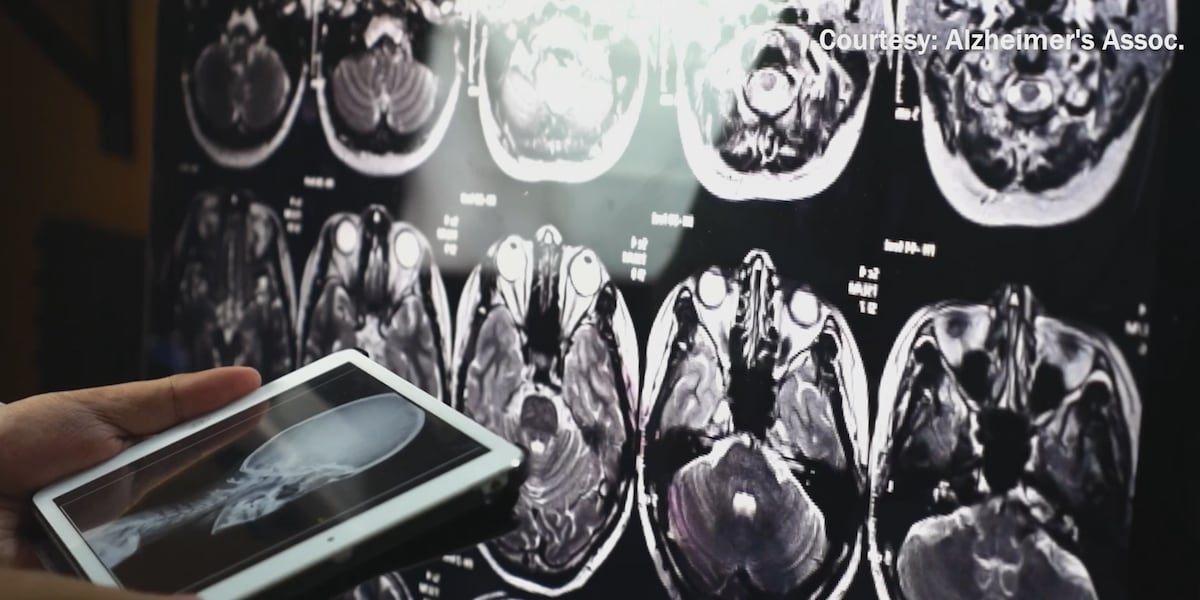Protect Your Brain: Expert Answers to Your Lifestyle & Cognitive Decline Questions

Worried about cognitive decline as you age? You're not alone. Research increasingly shows that lifestyle choices play a *huge* role in brain health, potentially even reversing early signs of cognitive issues. But where do you start? We’ve compiled answers to your most pressing questions about how your daily habits can impact your risk of memory loss, dementia, and other cognitive challenges.
Understanding Cognitive Decline: It's Not Inevitable
Let’s be clear: experiencing some memory lapses as we get older is normal. However, significant cognitive decline – impacting daily life and independence – isn't a foregone conclusion. The good news is, proactive steps can make a real difference.
Your Lifestyle, Your Brain: Key Questions Answered
We’ve tackled common concerns, backed by scientific evidence. Here’s a look at what you need to know:
1. Diet: What Should I Be Eating for a Healthier Brain?
The Mediterranean diet consistently tops the list for brain-boosting power. Think plenty of fruits, vegetables, whole grains, lean protein (especially fish rich in omega-3 fatty acids), and healthy fats like olive oil. Limiting processed foods, sugary drinks, and saturated fats is equally crucial. Specific nutrients like antioxidants (found in berries and leafy greens) and B vitamins are also key players.
2. Exercise: How Much Physical Activity is Enough?
Regular physical activity isn’t just good for your body; it's fantastic for your brain! Aim for at least 150 minutes of moderate-intensity aerobic exercise (like brisk walking) per week, plus strength training exercises at least twice a week. Even short bursts of activity throughout the day can be beneficial. Exercise improves blood flow to the brain, stimulates growth factors, and reduces inflammation – all vital for cognitive health.
3. Sleep: Is Lack of Sleep Affecting My Brain?
Absolutely. Chronic sleep deprivation is linked to increased risk of cognitive decline. Aim for 7-9 hours of quality sleep each night. Establish a regular sleep schedule, create a relaxing bedtime routine, and ensure your bedroom is dark, quiet, and cool. Addressing underlying sleep disorders like sleep apnea is also essential.
4. Mental Stimulation: How Can I Keep My Brain Sharp?
“Use it or lose it” applies to your brain too. Engage in mentally stimulating activities like puzzles, reading, learning a new language, playing a musical instrument, or taking up a new hobby. Social interaction is also incredibly important for cognitive health – stay connected with friends and family, and participate in community activities.
5. Stress Management: Can Stress Damage My Brain?
Chronic stress can wreak havoc on your brain. Find healthy ways to manage stress, such as meditation, yoga, spending time in nature, or pursuing hobbies you enjoy. Mindfulness practices can help you stay grounded and reduce anxiety.
Taking Action: It's Never Too Late
The bottom line? Making positive lifestyle changes can significantly reduce your risk of cognitive decline and improve your overall brain health. It's never too late to start. Talk to your doctor about any concerns you have and develop a personalized plan to protect your precious brainpower. Your future self will thank you!
Disclaimer: This information is for general knowledge and informational purposes only, and does not constitute medical advice. It is essential to consult with a qualified healthcare professional for any health concerns or before making any decisions related to your health or treatment.






